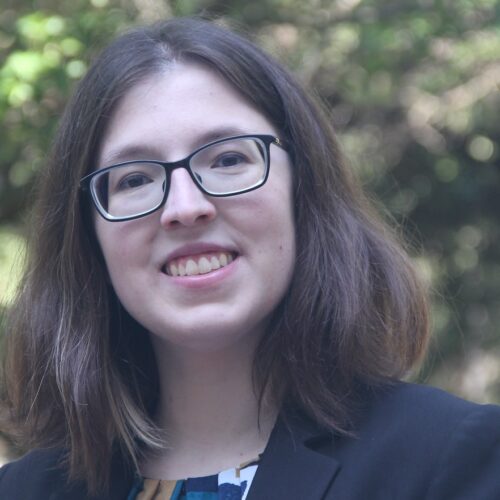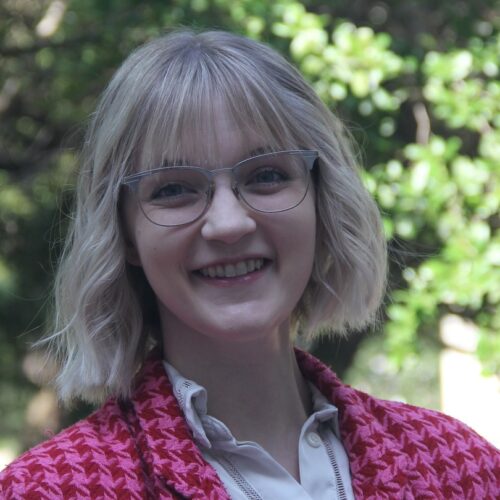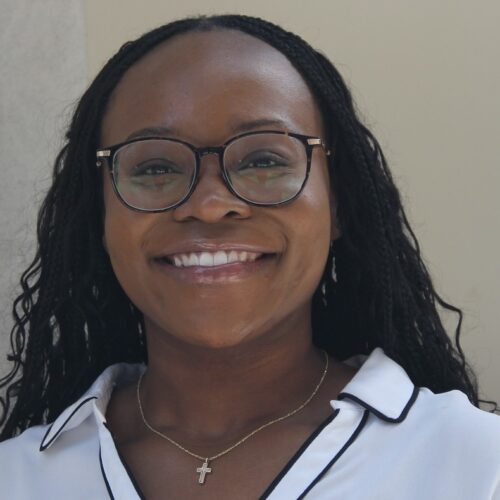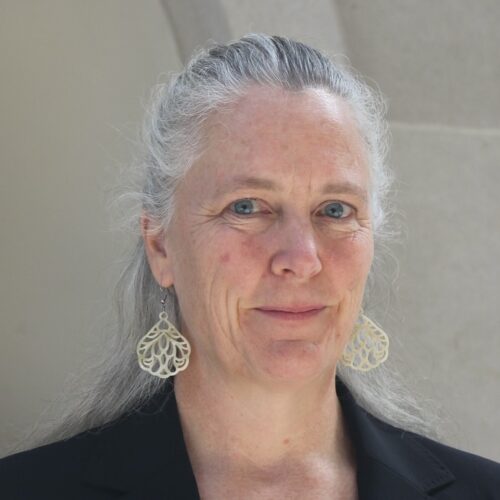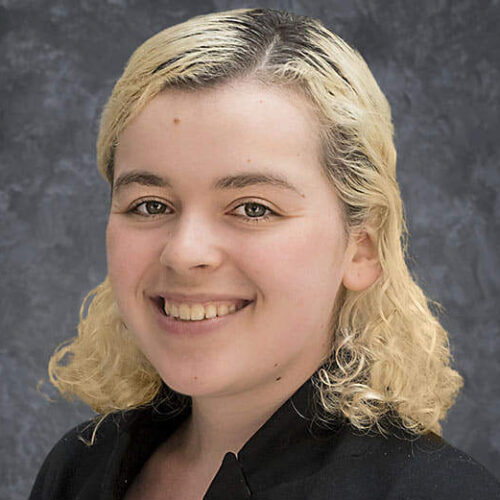Texas Law Postgraduate Public Interest Fellowships
The Texas Law Postgraduate Public Interest Fellowships program funds graduating students to work with public interest legal organizations and certain international organizations for 12 months in the year following their graduation. Dean Robert Chesney established these fellowships in 2023 to expand support for students committed to public interest work.
Application Information
Applications are due by noon on April 1, 2026.
Spring 2026 Application Information
In Spring 2026, the Texas Law Postgraduate Public Interest Fellowship program will fund up to two one-year (12-month, full-time) postgraduate fellowships with public interest legal organizations or certain international organizations to provide legal services or law-related work on behalf of underrepresented individuals or groups.
Fellowship Funding & Salary
The fellowship provides a stipend of up to $75,000 to support the fellow’s salary. The salary should be agreed upon by the host organization and the fellow and be comparable to that of a similarly qualified attorney at the organization. If the standard salary for a comparable position exceeds $75,000, the host organization is encouraged to pay the difference. Additionally, the organization is expected to offer employee benefits typically provided to new hires.
Host Organization Requirements
The host organization must be an existing nonprofit organization under Section 501(c)(3) of the Internal Revenue Code (which would include a public defender office organized under that provision), an international nongovernmental organization, or an international intergovernmental institution that works on human rights. The organization must provide appropriate training and supervision by a lawyer and sign a formal agreement, along with the fellow, outlining its fellowship obligations.
Application Process
Before applying, applicants must identify a potential host organization and collaborate with them to develop a description of the proposed work, training, and supervision. The proposed work may include an identified project, which can either be a new initiative or an ongoing project of the sponsoring organization, but this is not a requirement. If the proposed work does not require a bar license, the applicant’s JD must provide a demonstrable advantage in obtaining the position and performing the proposed work. The host must commit to supporting the project and providing appropriate supervision throughout the fellowship. Students with questions about potential host organizations or project ideas are welcome to contact Mary Murphy in the Career Services Office or Cooper Christiancy in the Rapoport Center for Human Rights.
Eligibility
The fellowship is open only to third-year students graduating from Texas Law in December 2025 or May or August 2026. A faculty committee will select the fellow based on the applicant’s proposed work and commitment to public service, the impact of the proposed work, and the likelihood that the fellowship will launch the applicant into long-term employment aligned with their career goals.
Preferences
In-person work is preferred. Applicants who plan to work remotely, or whose supervisor will work remotely, must include a detailed explanation of the remote supervisory arrangement in their application.
Recipients
2025
2024
2023
Other opportunities:

